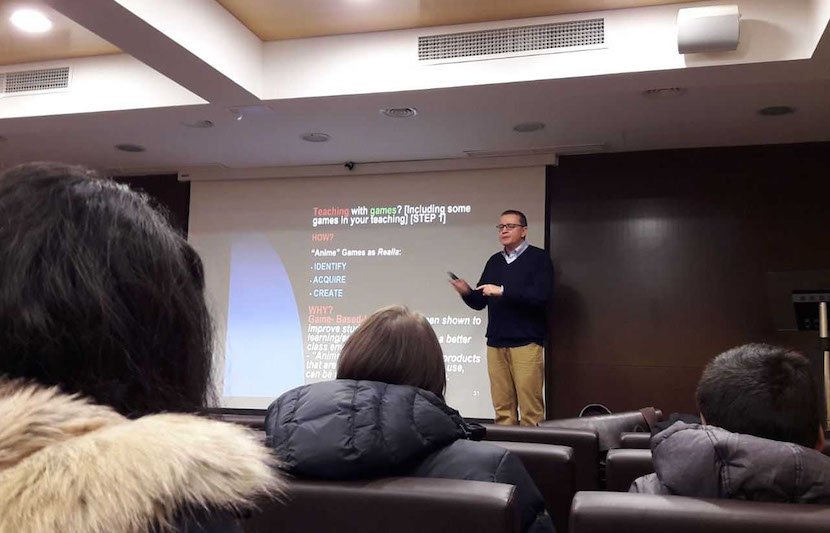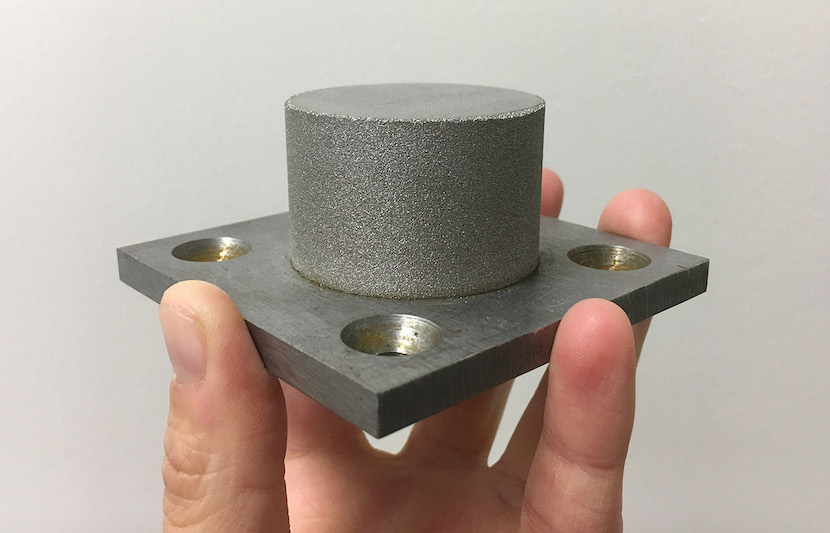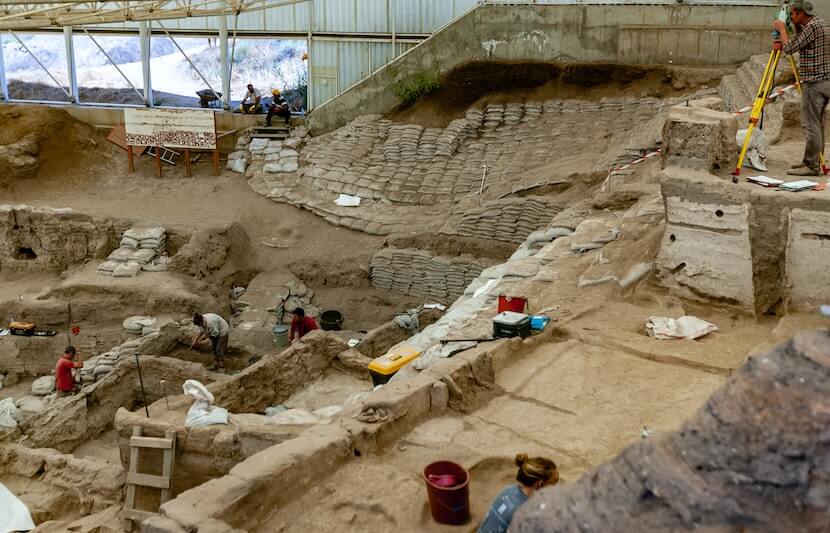-

Crowdfunding: Women Face One Less Disadvantage In Business
Historically, female entrepreneurs have faced a disadvantage when seeking financial backing, but new research proves that perceived trustworthiness has made women more likely to gain financial support through crowdfunding platforms. Crowdfunding is a system where a group of amatuer investors make small donations to a new venture. Women have always encountered more challenges than men… Read More
-

3D Printing Bionic Limbs Allows Kids to Be Kids Again
Every year, thousands of children in the U.S. are born without arms, limiting their development and affecting their quality of life. But now, there is hope that they can receive affordable and customizable prosthetics, capable of boosting their growth and potential. Their savior is a team of researchers from Limbitless Solutions, a non-profit group at… Read More
-

‘Hostile Teachers’ Snuff Out Pleasure of Learning
Teachers who antagonize students by criticising their contributions, belittling them, or showing favoritism can damage student’s test scores and learning potential, according to a study by researchers from West Virginia University (WVU). “We conducted this study because almost all of the empirical evidence that instructor misbehaviors impedes student learning has been correlational research determined by… Read More
-

Robots: Counselors That Truly Listen
Researchers at the University of Plymouth have proven, for the first time, that robots can conduct a helpful, enjoyable motivational interview (MI). MI is a technique used in psychiatry that involves a counselor asking questions and encouraging someone to explain their need and reasons for wanting change in their lives. The use of robots allows… Read More
-

AI Predicts Risk of School Violence
In a recent pilot study, researchers from the Cincinnati Children’s Hospital Medical Center (CCHMC) have demonstrated artificial intelligence as a useful tool in predicting which students are more likely to perpetrate school violence. The researchers determined that machine learning is as accurate as a team of child, adolescent and forensic psychiatrists in determining a young… Read More
-

Oil Spills? Sustainable High-Tech Sponge Could Be the Answer
A team of student-researchers from the University of Central Florida (UCF) has developed high-tech sponges capable of cleaning up ocean water after oil spills. The sponges can soak up oil while repelling water, and they don’t leave behind any toxic byproduct. The collected oil could even be recycled for future use. “Oil-water separation is an… Read More
-
Student Adapts Gaming Technology to Simulate ‘Violent Fluid Flows’
A student at the University of Manchester has used computer gaming technology to develop software capable of generating large-scale engineering simulations. These simulations could help the world meet its growing need for renewable energy. “The original motivations for this project come from the fact that with the renewable energy demands over recent years, a proportion… Read More
-
Video Games: Not Just Fun and Games, According to SLU Professor
A professor at Saint Louis University (SLU) has effectively used video games to teach his students language and culture. Simone Bregni, associate professor of languages, literatures and cultures at SLU, began playing video games in 1975 when he was only 12 years old. In those days the most popular game was “Pong,” a simple and… Read More
-
Howard West Expands to Further Advance Tech Diversity
In the summer of 2017 Howard University and Google launched a partnership, dubbed Howard West, to identify, attract, support and immerse African American coders in Silicon Valley. Due to the success of last year’s three-month pilot, the partners have decided to expand the program. Starting in the fall of 2018, Howard and Google will broaden… Read More
-
New Algorithm Leads Tt Breakdancing, Acrobatic Simulated Characters
A team of researchers from the University of California, Berkeley and the University of British Columbia in Canada has developed an algorithm to re-create natural motions in computer animation. Traditional computer-simulated motions are seen as clumsy and rhythmless, often failing at mimicking a human’s natural motions. Disappointed by old techniques, the team was inspired to… Read More
-
Ancient Paper Art to Spur Development of Smart Clothing
Inspired by the ancient Japanese paper art of kirigami, a team of researchers from the University at Buffalo (UB) has developed a method to create flexible electronic materials made of polymers and nanowires. This new technique could lead to improvements in smart clothing, bendable display screens, electronic paper, and other applications that require malleable circuitry.… Read More
-
Lullabies and Rock Shows: How Music Makes Us Social
Music, from a very young age, has an enormous impact on human emotions, development, and social interactions. The more scientists learn about the way people process music, the better they can understand perception, multisensory integration, and social coordination throughout someone’s life. Two separate studies, which were recently presented at the 25th meeting of the Cognitive… Read More
-
New Laser Device Paves Way for Diagnosing Diseases Through Breath Analysis
A team of researchers led by the University of Central Florida (UCF) has developed an infrared laser device capable of detecting any molecule in the air. With this device, people can look for traces of air pollution, global warming gases and chemical agents, conduct medical breath analyses, and even use the device to look for… Read More
-
New 3D Printing Method of Metallic Glass Alloys Opens Door to More Efficient Electric Motors
Researchers at North Carolina State University have developed a method to print large amounts of metallic glass alloys using 3D technology. This new technique could aid in the construction of more efficient electric motors, higher strength materials, lighter weight structures, better wear-resistant materials, and more. The full paper is published in the journal Applied Materials… Read More
-
Significance of 115,000-Year-Old Bone Tools Found in China
A team of archaeologists’ recent discovery and analysis of 115,000-year-old bone tools suggests that prehistoric humans were more sophisticated than previously thought. Marks on the bones propose that humans living in China during the early Late Pleistocene knew how to use bone to construct tools out of carved stone. The findings also may suggest that… Read More










